Faculty
Clinicians at the Psychology Services Center are supervised by UofSC psychology faculty members, many of whom also conduct research related to many of
the issues facing our clients. Some of our research areas include autism identification/assessment,
physical health, ADHD, emotional and behavioral health concerns, pediatric neuropsychology,
increasing psychological flexibility and clinical best practice for engagement and
intervention.
Clinical Faculty
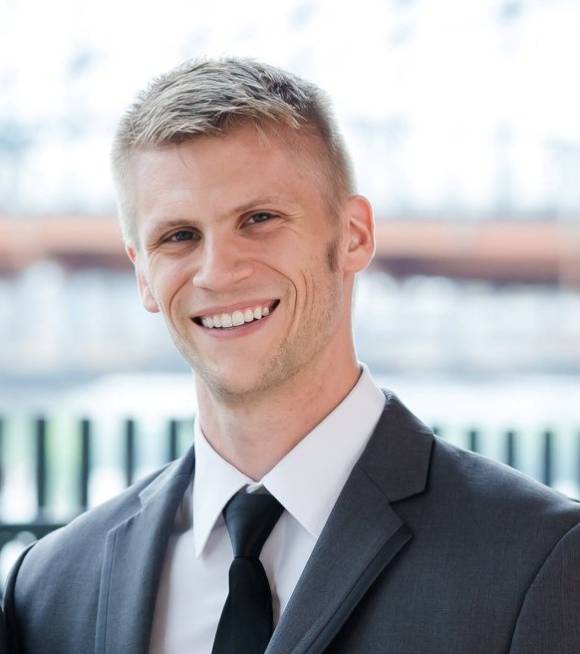
Stephen Taylor - PSC Director; Adult Therapy
Stephen Taylor is a clinical assistant professor in the Department of Psychology at
the University of South Carolina. Taylor received his doctorate in Clinical-Community Psychology from UofSC and completed his clinical internship at the Charles George Veterans Affairs Medical
Center in Asheville, North Carolina. He has clinical expertise in third-wave cognitive behavioral interventions and strengths-based
approaches that utilize a functional-contextual framework. His research has complemented
these clinical approaches by focusing on investigating the intersection of physical
and mental health and the efficacy of mindfulness-based interventions to reduce stress
and burnout.
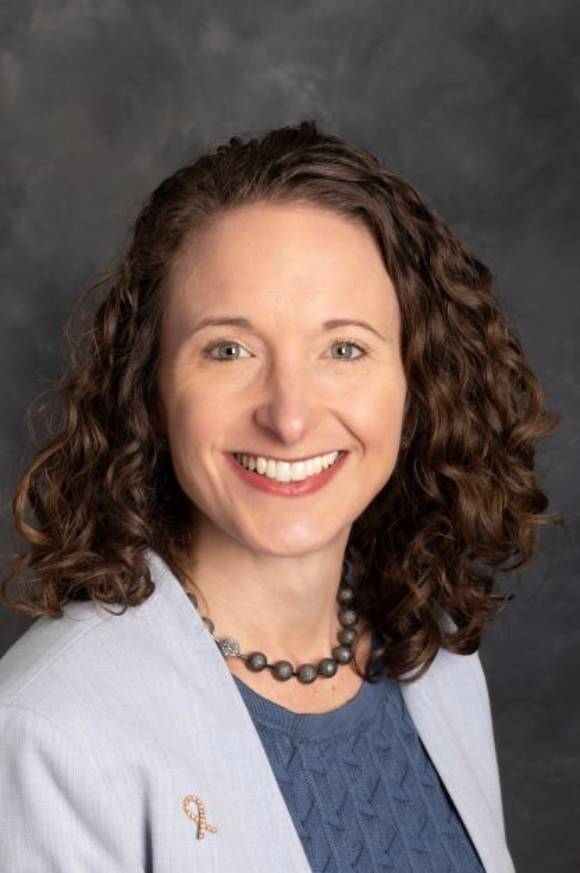
Kimberly Hills - PSC Associate Director; Child & Adolescent Assessment; Child, Adolescent
& Family Therapy
Kimberly Hills received her doctorate from the University of South Carolina and worked
in public schools in the Columbia area until joining the UofSC faculty in 2008. As
a clinical assistant professor, her work focuses on providing intensive, practice-oriented
instruction and clinical supervision to graduate students in the Psychology Department
and teaching undergraduate courses in the areas of exceptional children, prevention/intervention
for at-risk students, and developmental psychology. Her primary supervision responsibilities
include field-based school psychology practicum and the child, adolescent and college
student evaluation clinic at the Psychological Services Center. Her current research
interests focus on prevention and intervention for at-risk youth, middle to high school
transition, positive psychology and teacher wellness. She currently serves on the
board of state and community organizations.
Supervising Faculty
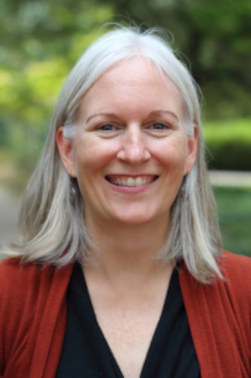
Kate Flory - Child, Adolescent & Family Therapy
Kate Flory received her B.A. in psychology from Duke University and her M.A. and doctorate
in clinical psychology from the University of Kentucky. She completed a clinical internship
and postdoctoral fellowship at Western Psychiatric Institute and Clinic in Pittsburgh,
PA. She is currently funded by the U.S. Centers for Disease Control and Prevention
(CDC) and the Institute for Educational Sciences (IES).
Her primary research focuses on understanding:
- The mechanisms that may explain why children with ADHD are at greater risk than peers
for cigarette smoking and use/abuse of other substances
- Social and academic impairment of children with ADHD
- Other negative health outcomes associated with ADHD, including risky sexual behavior
and unintentional injuries
- The epidemiology of child and adolescent emotional and behavioral health concerns.
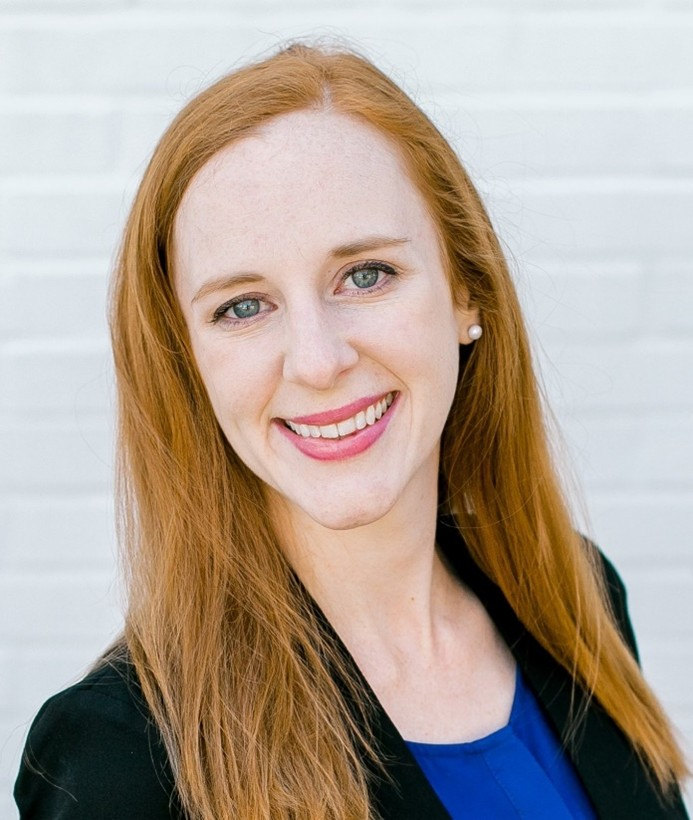
Haylee Loncar – Child, Adolescent, and Family Therapy
Haylee Loncar is a clinical instructor in the University of South Carolina Psychology
Department. Haylee received her B.S. in psychology and her Ph.D. in clinical-community
psychology from the University of South Carolina. She completed her predoctoral internship
with the National Psychology Training Consortium, addressing diverse presentations
within Centerstone of Indiana’s federally qualified health center. Haylee has specialized
experience providing integrated behavioral health services and consultation with healthcare
providers. Her research has focused on the relationship between parenting styles and
adolescent health, providing valuable insight into clinical work with children and
families. She is most interested in adolescent and teenage populations experiencing
systems-based challenges. Haylee currently supervises graduate students at the Psychology
Services Center and also teaches undergraduate students.
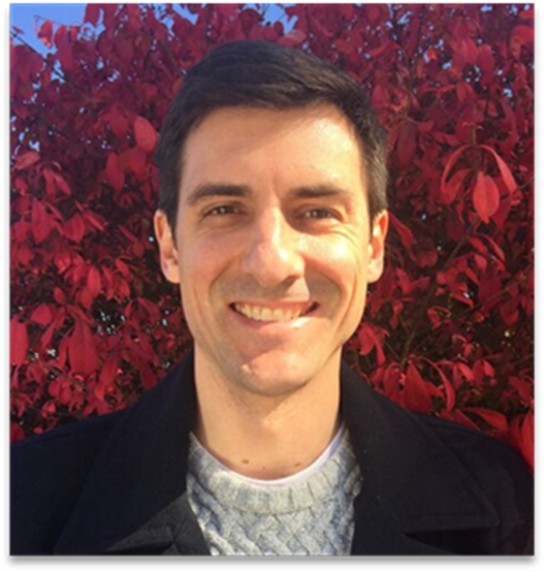
Cameron Massey – Child, Adolescent, and Family Therapy, Adult Therapy, Adult Assessment
Cameron Shepard Massey earned his B.A. at the University of North Carolina – Chapel
Hill, his M.A. from Appalachian State University, and his doctorate in clinical-community
psychology from the University of South Carolina. He completed his predoctoral internship
at the University of Virginia Counseling Center, working with college students experiencing
a variety of presenting concerns in both outpatient (individual and group therapy)
and emergency service contexts. He has worked in community settings, school-based
mental health care sites, and outpatient therapy offices, providing both therapy and
assessment services. His main populations of interest are adolescents and young adults
who are coping with internalizing issues (i.e., depression, anxiety), interpersonal
difficulties, personality concerns, and substance use. He currently supervises graduate
students in delivery of therapeutic services and teaches both undergraduate and graduate
courses in the psychology department of the University of South Carolina.
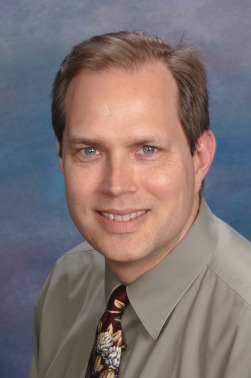
Jeffrey Schatz - Adult Assessment
Jeffrey Schatz earned his B.S. at the University of Iowa and his doctorate from the Clinical Psychology Training Program at Washington University in Missouri, and was a postdoctoral fellow in Clinical Neuropsychology at the University of California,
San Francisco. His major area of work is in understanding how chronic pediatric health
conditions affect cognitive abilities, school adjustment, and quality of life.
Staff
 |
Dianne Glasser – Senior Administrative Assistant
|
 |
Amber McIver - Junior Administrative Assistant
|







